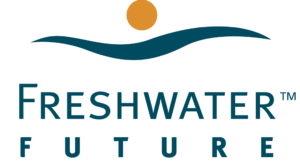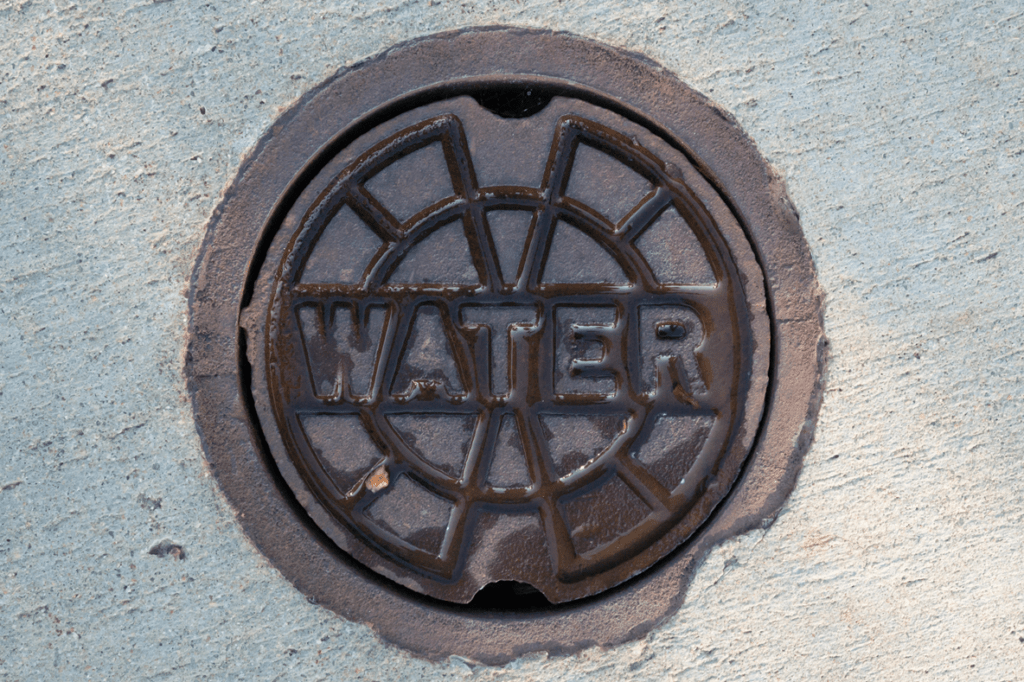The city of Superior, Wisconsin is known for its natural beauty and location on the shore of pristine waters of Lake Superior, the source of their drinking water. A less-known fact about Superior is they have the only private water utility in the state of Wisconsin, which is now making it much harder to replace the town’s lead service lines.
In 2021, $15 billion in federal funding was promised to help communities remove their lead pipes, with half of the funds being allocated to disadvantaged communities through either forgivable loans or grants. Under current Wisconsin state law, privately owned water systems are barred from receiving loan forgiveness, which leaves Superior in between a rock and a hard place. Legislators and citizens are left with a tough choice: do they change state law to allow private corporations the ability to access federal funds or does the city assume control of the utility system?
A recent bill introduced in the state legislature proposed eliminating the restriction that prohibits privately owned and operated water utilities from accessing federal loan forgiveness for the removal of lead service lines. Supporters of the bill believe that Superior residents are both Wisconsin and federal taxpayers so they should have the ability to access lead line removal funds like other Wisconsin residents. However, opponents of the bill argue that allowing for-profit utility companies to access public funding undermines the purpose of the funding in the first place, and bails out private utilities for not adequately serving their constituents.
The funds allocated for water system upgrades are intended to help communities, not corporations, remove toxic lead lines from their drinking water systems. If the proposed legislation is adopted, it will set a dangerous precedent that allows public dollars to benefit companies that are ultimately accountable to their shareholders, not the city’s residents.
In 2023, Superior Water Light & Power, the private utility that serves Superior, its assets were worth at least $62 million and it also made roughly $2 million in net profit. With this in mind, this is where the ethical dilemma emerges in full. Should state law change to help Wisconsin residents get access to safe water, even if it means enriching a company that already charges some of the highest water rates in Wisconsin? Or, should the city hold firm to the principle that public money should serve public utilities and attempt to reclaim the utility?
Converting Superior’s privately owned utility company to a public system will be no small feat. Municipalization of the system would mean striking a multi-million dollar deal with Superior Water Light & Power and would require voter approval, which could drag on for years with no guarantee of success. In the meantime, residents would continue to face steep utility bills, aging infrastructure, and no guarantee of lead line removal. However, cities including Felton, CA, and Missoula, MT have successfully municipalized and serve as models for the residents of Superior to take action.
There is one last catch. If current state law changes and Superior Water Light & Power gets access to federal loan forgiveness, the company’s valuation could rise which would make it even harder to municipalize the system at a later date. In layman’s terms, infrastructure improvements funded by public dollars would inflate the system’s future sale price, inhibiting the ability of the public to buy back the system.
It is evident that the stakes are high. This is not just about replacing lead lines and protecting Wisconsin’s population from public health concerns. This is about who controls water and who pays the price.








